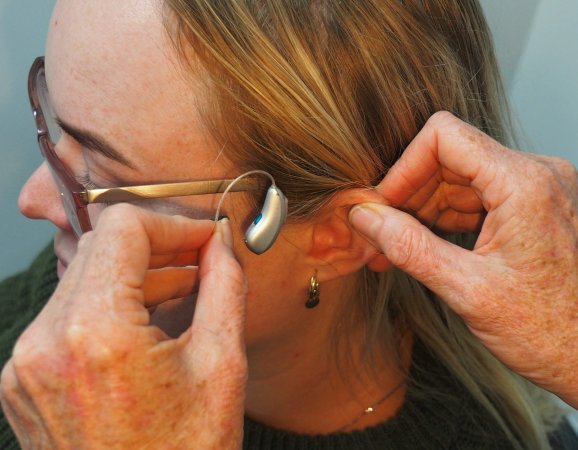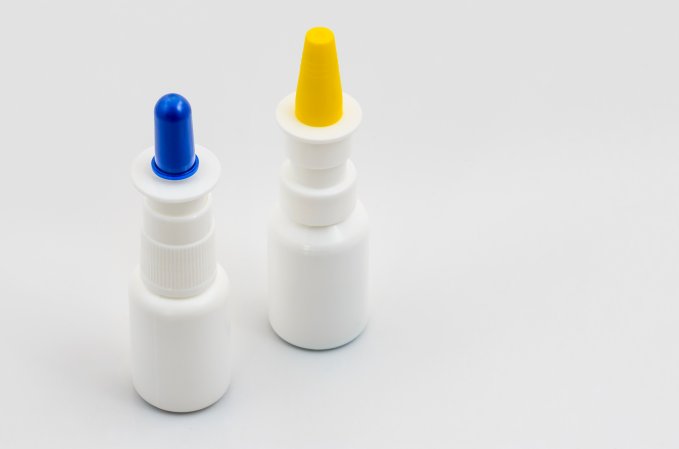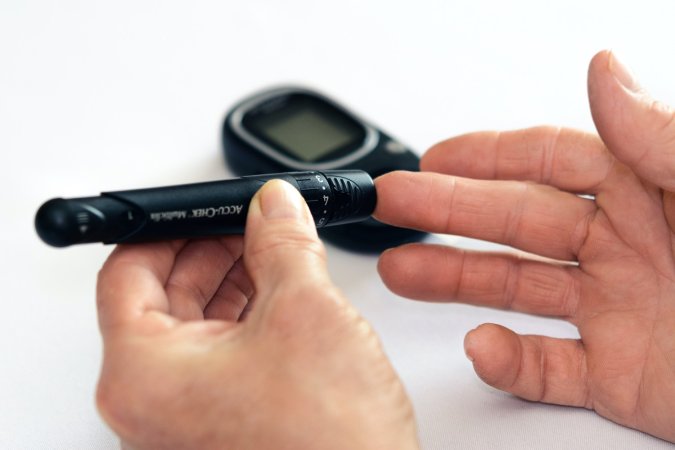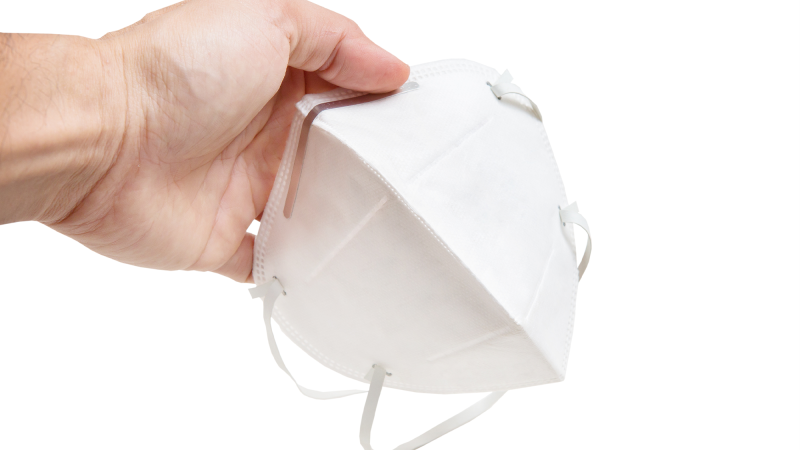

Amazon’s latest foray into the healthcare industry is arguably its most dramatic push yet, but with it comes major concerns from healthcare experts and critics.
On Tuesday, Amazon announced the unveiling of RxPass, a subscription service benefit for Prime members initially offering over 50 commonly prescribed generic medications alongside free two-day shipping. For a flat rate of $5 per month, Prime members can now refill any of their medications included in the program after verifying eligibility and prescription information, regardless of existing insurance coverage.
[Related: Amazon telehealth service goes live in 32 US states.]
RxPass represents a potentially major new phase for Amazon’s previously slow-but-steady foray into the national healthcare industry. Late last year, the Big Tech giant debuted Amazon Clinic, a telehealth service connecting consumers with licensed professionals to help treat common conditions such as acne, allergies, and asthma while also providing prescriptions such as birth control. Amazon Pharmacy has also offered its customers medication fulfillment alternatives since 2020, but the arrival of RxPass could offer one of the most enticing healthcare alternatives for Prime members.
That said, some critics aren’t so sure about its actual consumer reach, noting its limitation to Prime subscribers paying at least $139 annually for their memberships. “I just don’t know that it’s expanding access to a new set of patients,” Karen Van Nuys, a University of Southern California economist focused on drug pricing, told The Washington Post on Tuesday. Van Nuys also cited the existence of similarly priced services like Mark Cuban’s CostPlus Drug Co., which launched last year.
With RxPass’ newfound potential convenience comes major potential privacy costs, as well. Firstly, Amazon had an extremely troubling track record with data security well before it pushed further into the lucrative and high-consequence healthcare sector. And even with improved privacy safeguards, Health Insurance Portability and Accountability Act (HIPAA) regulations only ensure patient record confidentiality as soon as they begin interacting with health service providers. All the information leading up to that exact moment is up for grabs, which Amazon could theoretically devour for its own marketing purposes. For instance, you may search Amazon prescriptions related to chronic heartburn, but ultimately decide against purchasing your antacid medication through RxPass—only to soon begin receiving a suspiciously targeted flurry of “Prime Deal” Tums coupons in your email inbox.
[Related: Amazon’s layoffs will cut nearly twice as deep as previously warned.]
Unfortunately, the current state of the American healthcare industry is such that patients remain ethically stuck between a rock and a hard place. The US spends exorbitantly more on health care costs than any other wealthy country, only to still fall behind in life expectancy rates. And the pharmaceutical equivalents of independent bookstores to redirect your money are often rare. Not to mention, trusting private companies’ with data as sensitive as health records in lieu of no better options could point to much larger problems within the existing system.















